BERLIN, Germany: The number of implants placed is constantly increasing, and so are the possibilities of different prosthetic solutions. Researchers from Charité—Universitätsmedizin Berlin have assessed the survival and complication rates of tooth- and implant-supported fixed dental prostheses (T-I FDPs) and found the prostheses to be a recommendable treatment option.
A total of eight studies were considered for a qualitative analysis, and these had observation periods ranging from three to ten years. Seven studies reported on T-I FDPs with rigid connections and one on T-I FDPs with rigid and non-rigid connections. The majority of the T-I FDPs consisted of three units.
The results showed that the estimated survival rates of T-I FDPs were 90.8% after five years and 82.5% after ten years. Implant survival estimates were 94.8% and 89.8% after five and ten years, respectively. From a total of 185 T-I FDPs placed in 141 patients, 21 minor and 23 major biological complications were observed, and 23 minor and three major technical complications occurred.
According to the research team, it is not possible to give a long-term prognosis, owing to a lack of well-designed studies with a follow-up period exceeding ten years. When the inclusion criteria of the systematic review are considered, T-I FDPs show acceptable survival rates after five and ten years, according to the researchers.
Concerning the clinical significance of their research, the authors stated: “Tooth–implant supported fixed dental prostheses are a recommendable treatment option in partial dentition. Based on the current literature, they should be rigidly constructed with a maximum number of four units.”
The study, titled “Survival rates and complication behaviour of tooth implant–supported, fixed dental prostheses: A systematic review and meta-analysis”, was published in the September 2019 issue of the Journal of Dentistry.
Tags:
IOANNINA, Greece: Numerous finishing techniques are available for zirconia-based screw-retained implant-supported prostheses; however, most of them are ...
There is increased interest in the long-term clinical outcomes and quality of life of patients treated with full-arch implant-supported dental prostheses ...
The aim of the study was to assess the clinical performance of implant-supported mandibular complete fixed prostheses with conometric retention after 3 ...
ŌTSU, Japan: The links between diabetes, obesity and periodontal disease are well established; however, most studies on their associations have had sample ...
BUDAPEST, Hungary: Previous studies have suggested that surface roughness is one of several key factors that influence the degree of biological integration ...
RIZE, Turkey: As the use of 3D printers in dental clinics and laboratories increases, dental teams must navigate the various additive manufacturing ...
Implant treatment for full-arch fixed restorations has been around for decades now.1–3 The treatment usually involves four to six implants placed in ...
Full-arch implant-supported fixed protheses have become a highly desired solution for the rehabilitation of patients with terminal dentition or completely ...
Implant treatment has evolved into a reliable modality for the replacement of missing teeth. Although rare, complications may occur, and some uncertainty ...
When COVID-19 affected the European dental prostheses and digital dentistry markets—including in countries such as Austria, Belgium, France, Germany, ...
Live webinar
Tue. 3 March 2026
11:00 am EST (New York)
Dr. Omar Lugo Cirujano Maxilofacial
Live webinar
Tue. 3 March 2026
8:00 pm EST (New York)
Dr. Vasiliki Maseli DDS, MS, EdM
Live webinar
Wed. 4 March 2026
12:00 pm EST (New York)
Munther Sulieman LDS RCS (Eng) BDS (Lond) MSc PhD
Live webinar
Wed. 4 March 2026
1:00 pm EST (New York)
Live webinar
Fri. 6 March 2026
3:00 am EST (New York)
Live webinar
Tue. 10 March 2026
4:00 am EST (New York)
Assoc. Prof. Aaron Davis, Prof. Sarah Baker
Live webinar
Tue. 10 March 2026
8:00 pm EST (New York)
Dr. Vasiliki Maseli DDS, MS, EdM



 Austria / Österreich
Austria / Österreich
 Bosnia and Herzegovina / Босна и Херцеговина
Bosnia and Herzegovina / Босна и Херцеговина
 Bulgaria / България
Bulgaria / България
 Croatia / Hrvatska
Croatia / Hrvatska
 Czech Republic & Slovakia / Česká republika & Slovensko
Czech Republic & Slovakia / Česká republika & Slovensko
 France / France
France / France
 Germany / Deutschland
Germany / Deutschland
 Greece / ΕΛΛΑΔΑ
Greece / ΕΛΛΑΔΑ
 Hungary / Hungary
Hungary / Hungary
 Italy / Italia
Italy / Italia
 Netherlands / Nederland
Netherlands / Nederland
 Nordic / Nordic
Nordic / Nordic
 Poland / Polska
Poland / Polska
 Portugal / Portugal
Portugal / Portugal
 Romania & Moldova / România & Moldova
Romania & Moldova / România & Moldova
 Slovenia / Slovenija
Slovenia / Slovenija
 Serbia & Montenegro / Србија и Црна Гора
Serbia & Montenegro / Србија и Црна Гора
 Spain / España
Spain / España
 Switzerland / Schweiz
Switzerland / Schweiz
 Turkey / Türkiye
Turkey / Türkiye
 UK & Ireland / UK & Ireland
UK & Ireland / UK & Ireland
 Brazil / Brasil
Brazil / Brasil
 Canada / Canada
Canada / Canada
 Latin America / Latinoamérica
Latin America / Latinoamérica
 USA / USA
USA / USA
 China / 中国
China / 中国
 India / भारत गणराज्य
India / भारत गणराज्य
 Pakistan / Pākistān
Pakistan / Pākistān
 Vietnam / Việt Nam
Vietnam / Việt Nam
 ASEAN / ASEAN
ASEAN / ASEAN
 Israel / מְדִינַת יִשְׂרָאֵל
Israel / מְדִינַת יִשְׂרָאֵל
 Algeria, Morocco & Tunisia / الجزائر والمغرب وتونس
Algeria, Morocco & Tunisia / الجزائر والمغرب وتونس
 Middle East / Middle East
Middle East / Middle East


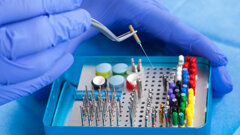
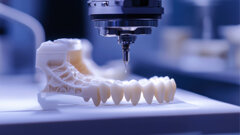
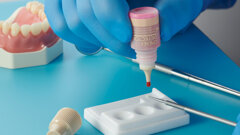

















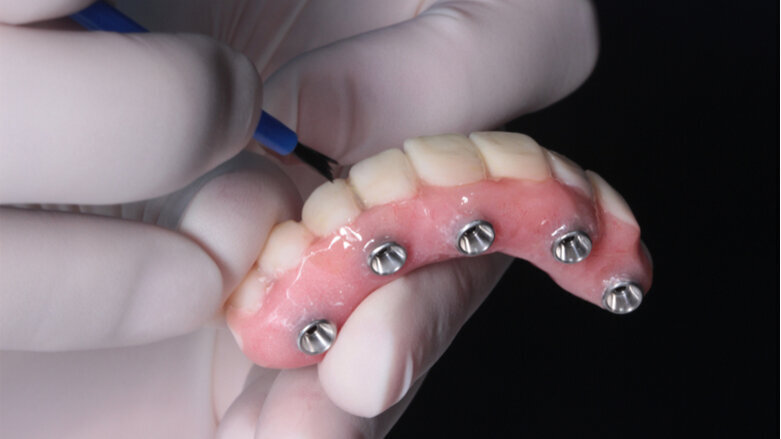



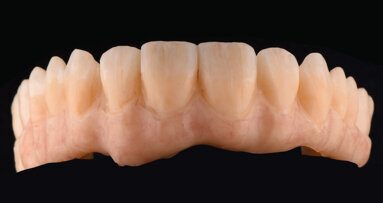
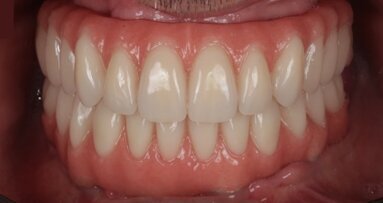
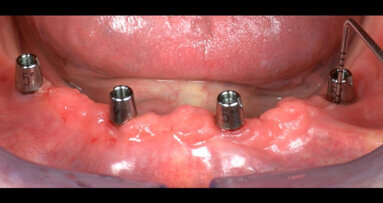

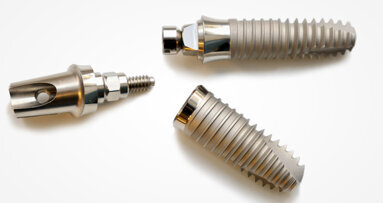

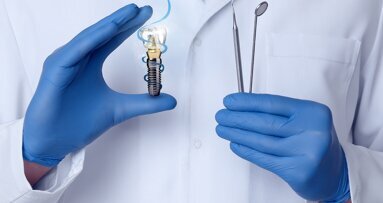

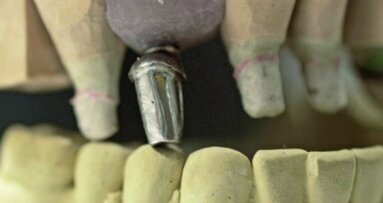
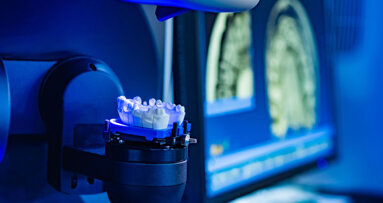







To post a reply please login or register